How An African Country Has Disrupted The Plastic Bag Industry And Became One Of The Cleanest Cities In The World
Posted by muntu on Mar 19th 2020
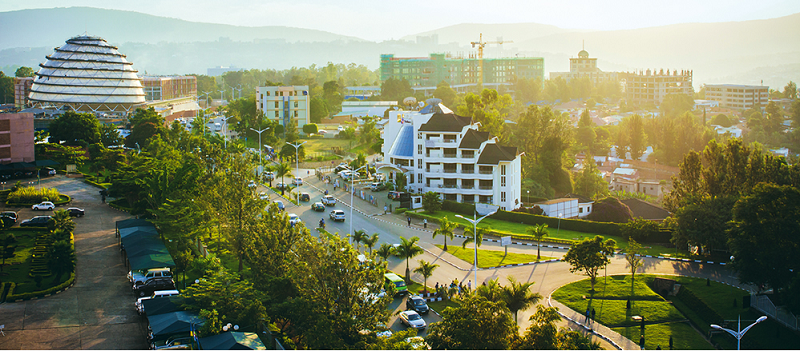
On March 1st, 2020 the state of New York took a bold step and introduced new legislation to ban the single-use plastic ban, a move long-awaited for many conscious consumers and environmentalists.
There is no doubt that plastic bags are terrible environmental blight. According to the United Nations, the ingestion of plastic kills an estimated 1 million marine birds and 100,000 marine animals each year. Additionally, research from PlymouthUniversity has found that close to 700 species of marine life are facing extinction due to the increase in plastic pollution.
Plastic bags are filling up our landfills, polluting our oceans and rivers, damaging our health and hurting our planet at unprecedented rates.
In an attempt to combat this common enemy, one country in Africa has been at the forefront of the campaign to reduce the environmental pollution caused by the plastic bag industry. The distinguished country is Rwanda.
Did You Know That in Rwanda The Use Of Plastic Bag Is A Motive For Imprisonment And Public Shame?
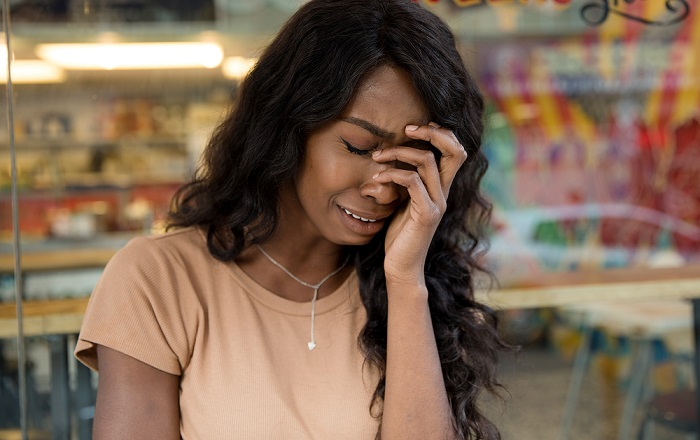
The Rwandan plastic ban date from 2008 and it is one of the most aggressive legislation in the world. It is strictly illegal to import, manufacture, use or sell plastic bags and plastic packaging, with the only exceptions being within the pharmaceutical industry and hospitals.
Plastic are as bad as drugs and law enforcement is everywhere at airports, border frontiers, and in the city.
Businesses or anyone caught carrying a single-use plastic bag can get up to 1 year in prison and faces stiff fines.
Biodegradable bags are allowed only for frozen meat and fish because such bags still take as long as 24 months to decompose, the government says.
Any business wanting to sell products packed in plastic bags such as potato chips, rice or other products packed in plastic bags, needs a conclusive business plan approved by the government on how they intend to collect and recycle the waste made by these bags.
The audacious ban has shown to be very effective. Rwanda is proud to be Africa’s cleanest nation and among the most pristine in the world.
Is The Plastic Ban Strongly Needed?

Photo credit by Karina Tess
Absolutely! Plastic ban is strongly needed for the sake of humankind and our planet.
Chemicals found in plastic are absorbed by human bodies, which have potential health effects. These particles are highly harmful, and people are exposed to these chemicals multiple times per day through the air, dust, water, and food.
To give an example, just in the USA, The U.S. Centers for Disease Control and Prevention reported that 93 percent of people had detectable levels of BPA in their urine. The report noted that the high exposure of premature infants in neonatal intensive care units to both BPA and phthalates is of "great concern."
As said above, and according to the UN every year, plastic waste kills up to one million sea birds, 100,000 sea mammals, marine turtles, and “countless” fish.
Additionally, close to 700 species of marine life are facing extinction due to the increase in plastic pollution.
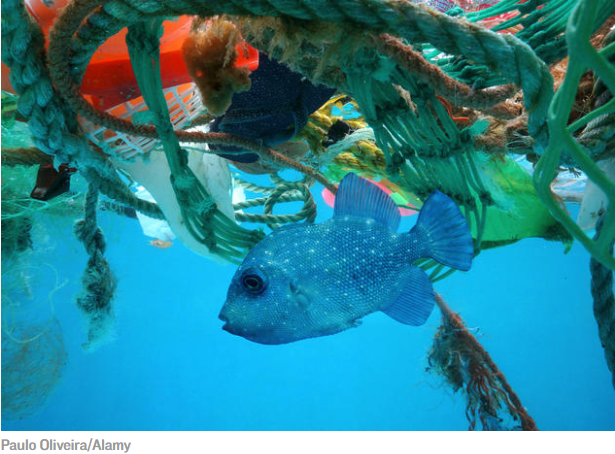
Plastics are one of the main products of fracking, creating underground pressure and sinkholes that lead to earthquakes. In the process, it contaminates the air, the water, and soil with harmful chemicals and cancerogenic toxins.
How Can We Help To Reduce Plastic Pollution and Our Carbon Footprint?
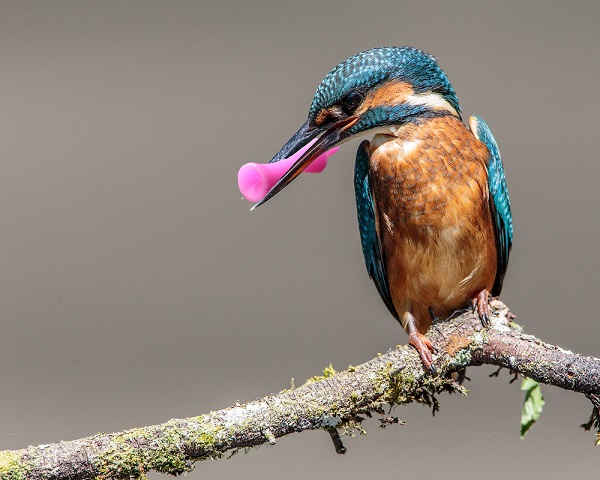
Photo credit: Andy Morffew
Everyone can do a little something every day to reduce plastic pollution. Here are a few ways you can contribute:
1. Stop or at least reduce your use of single-use plastic: This includes plastic bags, plastic wraps, straws, cups, glitter, plastic cutlery, take out containers and any other discarded plastic items.
We at muntu, have some sustainable options to support all king of plastic bag ban including the #BYOBagNY and sustainable living.
Our Romeli Bag is beautifully handwoven in an old-fashionable way, eco-friendly, enchanting and a great alternative for single-use plastic bags that cause gruesome wildlife deaths.
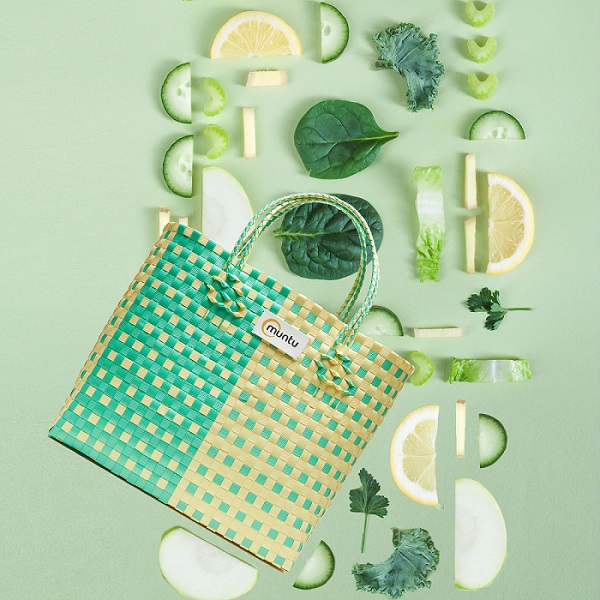
As an alternative to plastic wraps, we recommend our Adjust-a-Bowl, which is screen printed by hand with non-toxic inks along with a mammoth process onto locally sourced cotton cloth. Adjustable, suitable and fun, these eco-friendly jewels every kitchen must-have.
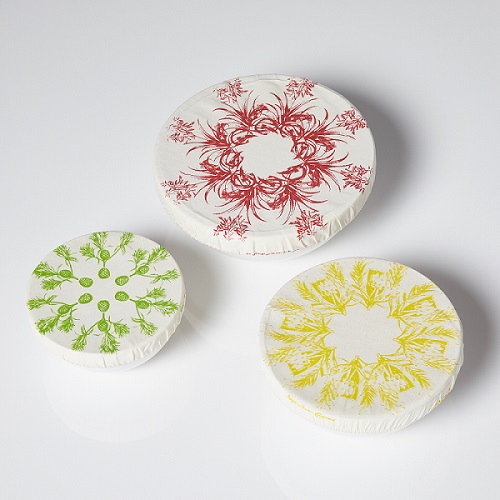
2. Recycle Properly: Unfortunately, only 9% of plastic is recycled worldwide. Recycling helps keep plastic out of our oceans, landfills, and air.
3. Support bans
4. Stop buying bottled water
5. Boycott microbeads: A vast number of beauty and cleaning products carry thousands of tiny particles of plastcic that slip through water filtration plants and therefore end up in lakes, rivers, and oceans. These petrochemicals plastic that goes by the name polyethylene and polypropylene on your cosmetics are mistaken as food to some marine animals, harming fish and other marine life. Opt fpr products with natural exfoliants like oatmeal, sea salt, honey, almond, instead.
6. Reuse
7. Cook real food and avoid plastic packaged food whenever possible, as the chemicals used in food packaging can migrate and contaminate your food.
8. Get informed and become a conscious consumer :Such an awareness of what we are doing to the planet, how we can help stop it, what we buy, why we buy, which brands and organizations to support gives us the power to do something about it.
To know more about the plastic pandemic and why we need to do more visit the Global Citizen website.

